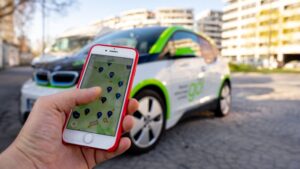E-courses on Future Mobility and Trends
The future of mobility, from autonomous vehicles to urban air mobility and robotics.
It involves urban air mobility, app-based / demand-responsive transport, shared mobility: ride sharing, car sharing, taxi; autonomous vehicles, future of public transport and rail, smart cities, future of private car usage, post-COVID-19 mobility, etc.
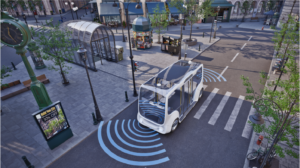
Autonomous Vehicles: An opportunity for Cities
Explore the transformative impact of Autonomous Vehicles (AVs) on cities: addressing promises, skepticism, and delving into essential requirements for their deployment to shape the city of tomorrow.
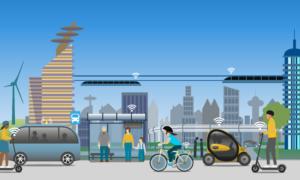
Preparing for Autonomous Vehicles: Introduction
This course will give you an understanding of the autonomous vehicles framework.

Artificial Intelligence in Urban Mobility
In this course, we will learn the insights of how Artificial Intelligence can be applied and implemented in different aspects of an urban transportation system to make our daily travel easier, faster, more reliable and sustainable.
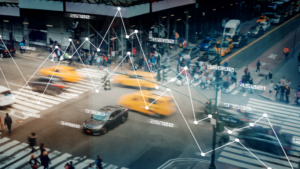
The power of Mobility Data: Discover how every move matters
Explore the world of mobility data and learn about how vital it is for mobility in cities, while understanding it’s advantages and limitations. Join us on this data-driven journey to optimise movement in our urban spaces.
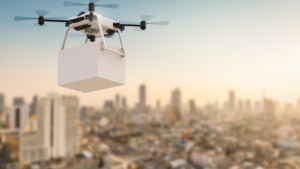
Urban Air Mobility: using the space above our cities
Urban Air Mobility is a rapidly developing area of city infrastructure. Learn about the opportunities and challenges in navigating the air space around our cities.
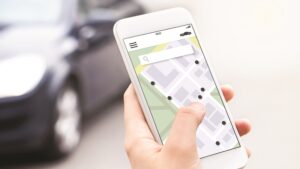
Demystifying Shared Mobility
This introductory course will give you a glimpse into the shared mobility ecosystem.
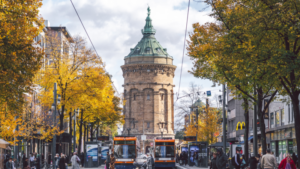
Fundamentals of Urban Mobility
An introduction to the core concepts of urban mobility and urban transport planning to facilitate better, more liveable future cities.
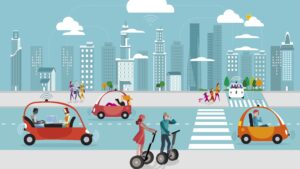
Planning for Autonomous Vehicles: A People-Centred Approach (updated)
This course will explore how autonomous vehicles should be incorporated into sustainable urban planning for sustainable future cities.
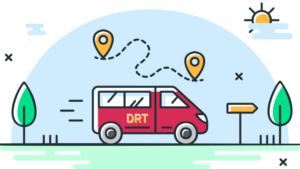
Demand Responsive Transport (DRT): Where does it fit?
Discover how Demand Responsive Transport (DRT) can fit in your city and revolutionise accessibility by exploring a flexible transportation system that adapts to the needs of passengers in real-time.
Explore courses on all categories
Explore courses on all categories
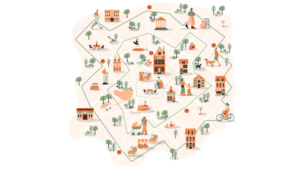
Protected: Test Course – Accessibility
Discover the truth behind 15-minute cities: their meaning, impact, and potential. Learn how this human-centered approach to urban planning fosters sustainability. Equip yourself with the tools to implement this concept and shape better cities.

Autonomous Vehicles: An opportunity for Cities
Explore the transformative impact of Autonomous Vehicles (AVs) on cities: addressing promises, skepticism, and delving into essential requirements for their deployment to shape the city of tomorrow.

Cycling Insights: Lessons from Europe
This course will help you to grasp cycling’s societal context and urban design impact, and envision an ideal future cycling environment.
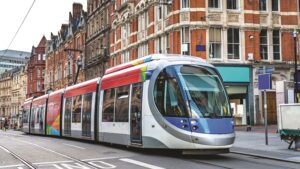
Sustainable Urban Mobility Plans (SUMPs) – Updated
Discover Sustainable Urban Mobility Plans (SUMPs). Understand their importance, components, and engagement strategies, equipping yourself to shape sustainable cities.
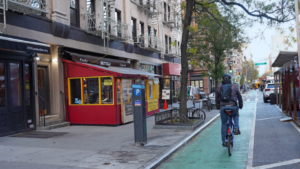
Flexible Curbside Management (updated)
New mobility services, increasing freight and evolving mobility behaviours also affect the way we use the curb in cities. Join our course to learn more about how the curb can be managed in a flexible way and adapted to current needs in cities!
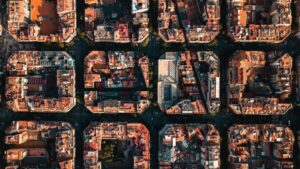
Superblocks: rethinking cities and urban spaces for citizens (updated)
Superblocks have revolutionised accessibility in Barcelona. Join this short course to discover this cost-effective solution and why not, unlocking its secrets for your own neighbourood…

The power of Mobility Data: Discover how every move matters
Explore the world of mobility data and learn about how vital it is for mobility in cities, while understanding it’s advantages and limitations. Join us on this data-driven journey to optimise movement in our urban spaces.

Demand Responsive Transport (DRT): Where does it fit?
Discover how Demand Responsive Transport (DRT) can fit in your city and revolutionise accessibility by exploring a flexible transportation system that adapts to the needs of passengers in real-time.
